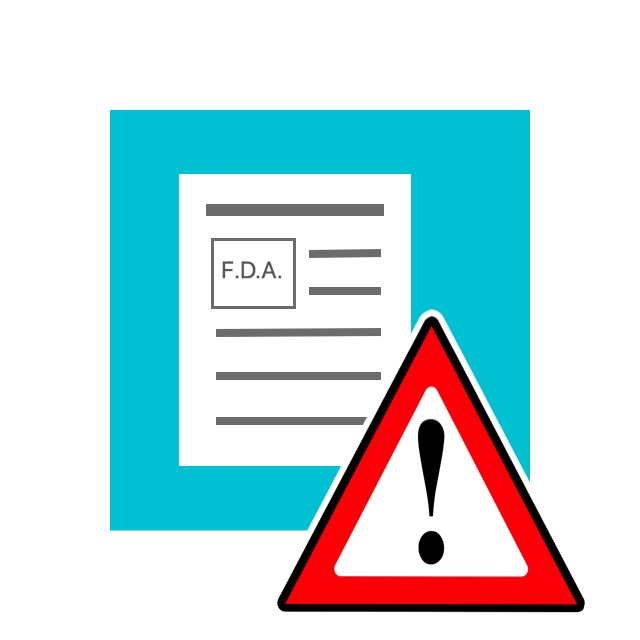The NIAID-sponsored guidelines now recommend infants at high risk of peanut allergy be introduced to peanuts at 4 to 6 months of age.
READ ARTICLE HIDE ARTICLE
The National Institute of Allergy and Infectious Diseases (NIAID), with the help of the American Academy of Allergy, Asthma & Immunology (AAAAI) and 24 other organizations, has issued an addendum to its clinical guidelines detailing when to introduce children to peanut-containing foods. The guidelines now recommend that children at high risk should be introduced to peanuts early in life, instead of avoiding all peanut-containing foods.
The change in recommendations was prompted by the results of the Learning Early About Peanut allergy (LEAP) trial. Researchers found children at high risk of developing peanut allergy were far less likely to develop an allergy when introduced to peanuts before they turned 12 months-old. This led NIAID to convene a panel of experts to review 64 publications, including the LEAP study, to create an update to the 2010 Guidelines for the Diagnosis and Management of Food Allergy in the United States. The result is the Addendum Guidelines for the Prevention of Peanut Allergy in the United States, published today in AAAAI’s
The Journal of Allergy and Clinical Immunology
and several other journals.
“Peanut allergy is a growing public health problem,” said Hugh A. Sampson, MD, FAAAAI, contributing author and Coordinating Committee member. “In 1999, peanut allergy was estimated to affect 0.4% of children and 0.7% of adults in the United States, and by 2010, peanut allergy prevalence had increased to approximately 2% among children in a national survey.”
The addendum gives detailed instructions for peanut introduction to infants at three risk levels. No matter what level of risk an infant falls under, adults should consult a healthcare provider, such as a primary care physician or a board certified allergist/immunologist, before introducing peanuts into a child’s diet.
The first set of guidelines applies to infants who are most at risk for peanut allergy. These infants have severe eczema, egg allergy or both diseases and are most likely to avoid a peanut allergy with early introduction compared to other risk groups. In the LEAP study, only 1.9% of infants at high risk of peanut allergy who were introduced to peanuts early in life developed a peanut allergy by age 5. In the group that avoided peanuts, 13.7% of the children had developed an allergy.
Children in the high risk group should be brought to a specialist for peanut sIgE or skin prick testing to decide the safest way to introduce peanuts. If the child does not show signs of peanut allergy at the time of testing, the healthcare professional will create a plan with the child’s caretakers to introduce foods containing peanuts at home or undertake a supervised feeding in the healthcare provider’s office. The guidelines recommend starting the introduction process as early as 4 to 6 months.
Children in the second highest risk group, with mild to moderate eczema, should be introduced to peanuts around 6 months to reduce the risk of peanut allergy. Children in the lowest risk group, with no signs of eczema or food allergy, can be introduced to peanuts when age-appropriate and according to family and cultural preferences.
“The early introduction of dietary peanut in infants, either with a medical provider via an observed first ingestion or a graded food challenge if necessary, or at home, is anticipated to be safe and to contribute to an overall reduction in the prevalence of peanut allergy,” said David Fleischer, MD, FAAAAI, contributing author and Coordinating Committee member.
For more information, including approved recipes and general instructions, the guidelines can be accessed on
jacionline.org
or through
NIAID’s website
.
The American Academy of Allergy, Asthma & Immunology (AAAAI) represents allergists, asthma specialists, clinical immunologists, allied health professionals and others with a special interest in the research and treatment of allergic and immunologic diseases. Established in 1943, the AAAAI has more than 6,900 members in the United States, Canada and 72 other countries. The
AAAAI’s Find an Allergist/Immunologist
service is a trusted resource to help you find a specialist close to home.
Learn More from AAAAI





